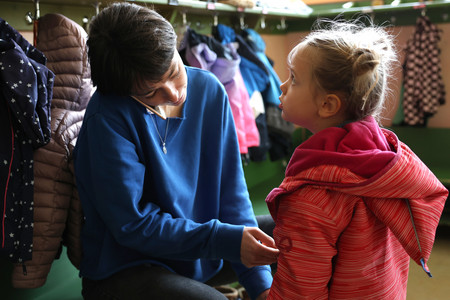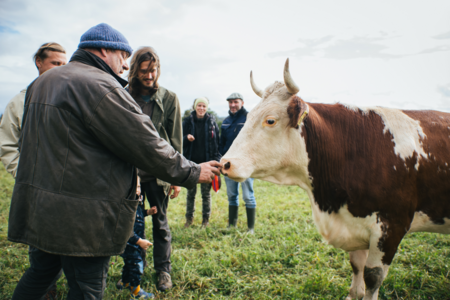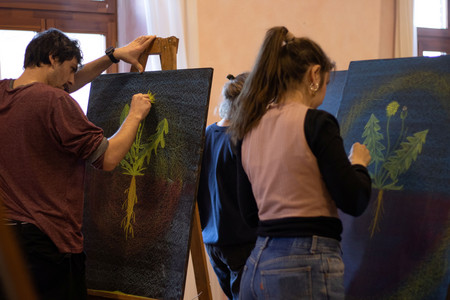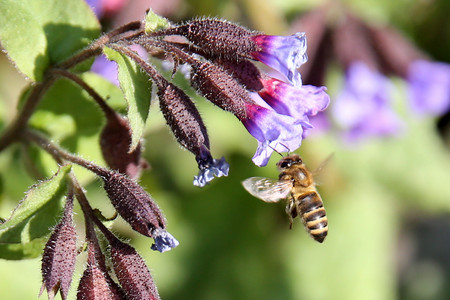30 Jahre Saatgutfonds: Starkes Netzwerk für Vielfalt auf Acker und Teller
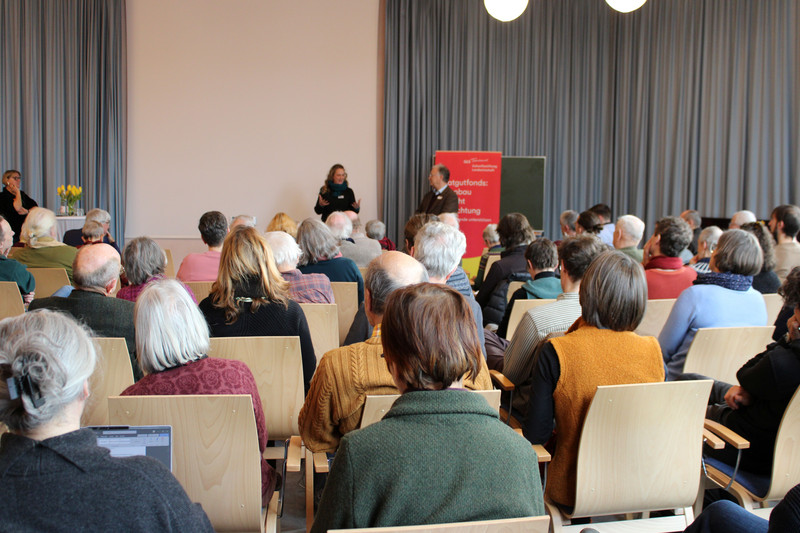
Unter dem Motto „30 Jahre Saatgutfonds – Erfolge, Herausforderungen und Perspektiven der ökologischen Pflanzenzüchtung“ spannte die Veranstaltung mit rund 100 Teilnehmenden aus Züchtung, Forschung, Saatgutwirtschaft und Biohandel einen Bogen von den Anfängen bis zu heutigen Lösungsansätzen. In Praxisberichten, Arbeitsgruppen und einem abschließenden Podiumsgespräch wurde deutlich: Die biodynamische und ökologische Pflanzenzüchtung hat sich in den vergangenen Jahrzehnten fachlich und organisatorisch stark professionalisiert – und dies trotz hohem wirtschaftlichem und politischem Druck.
Gerade angesichts der Herausforderungen durch die Klimakrise wurde der dezentrale und kollaborative Ansatz der Ökozüchtung als große Stärke hervorgehoben. „Der Saatgutfonds zeigt seit 30 Jahren, dass ökologische Pflanzenzüchtung kein Nischenthema ist, sondern ein zentraler Baustein für Ernährungssouveränität, Biodiversität und Klimaanpassung“, so Oliver Willing, Geschäftsführer der Zukunftsstiftung Landwirtschaft. „Wir haben inzwischen eine breite Basis, um den Ökolandbau unabhängig von den großen Konzernen voranzubringen. Wenn wir auch künftig selbst entscheiden wollen, was auf unseren Tellern liegt, müssen wir weiter in Vielfalt und starke Netzwerke investieren.“ Bis heute sind aus den vom Saatgutfonds finanzierten Züchtungsprojekten rund 200 vom Bundessortenamt zugelassene Gemüse- und Getreidesorten hervorgegangen.
Zukunftsfähige Landwirtschaft stärken
Die Software AG – Stiftung (SAGST) unterstützt den Fonds seit 2001, als er in die damals unter dem Dach der GLS Treuhand gegründete Zukunftsstiftung Landwirtschaft überführt wurde. „Biodynamisch und ökologisch gezüchtete Getreide- und Gemüsesorten sind auf die spezifischen Anbauverhältnisse des Ökolandbaus abgestimmt und nachbaufähig“, erläutert Sebastian Bauer. Er ist nicht nur Mitglied im Treuhänderkreis des Saatgutfonds, der die eingeworbenen Spendengelder jährlich an die beteiligten Züchtungsinitiativen ausgibt, sondern auch Projektleiter bei der SAGST. Als größte Einzelförderin der biodynamischen Pflanzenzüchtung unterstützt diese zahlreiche Initiativen, die nicht nur möglichst klimarobuste, resiliente Sorten züchten, sondern auch einen besonders hohen Qualitätsanspruch verfolgen. Die Stiftung ist zudem die größte Einzelaktionärin der Bingenheimer Saatgut AG, die samenfeste Gemüsesorten für den Erwerbs- und Hobby-Gartenbau erhält, weiterentwickelt, vermehrt und vertreibt. Um dem gesellschaftlich äußerst relevanten Thema Gehör zu verschaffen, fördert die SAGST außerdem Aufklärung im politischen Bereich, etwa durch Initiativen gegen die geplante EU-Deregulierung Neuer Gentechnikverfahren.

